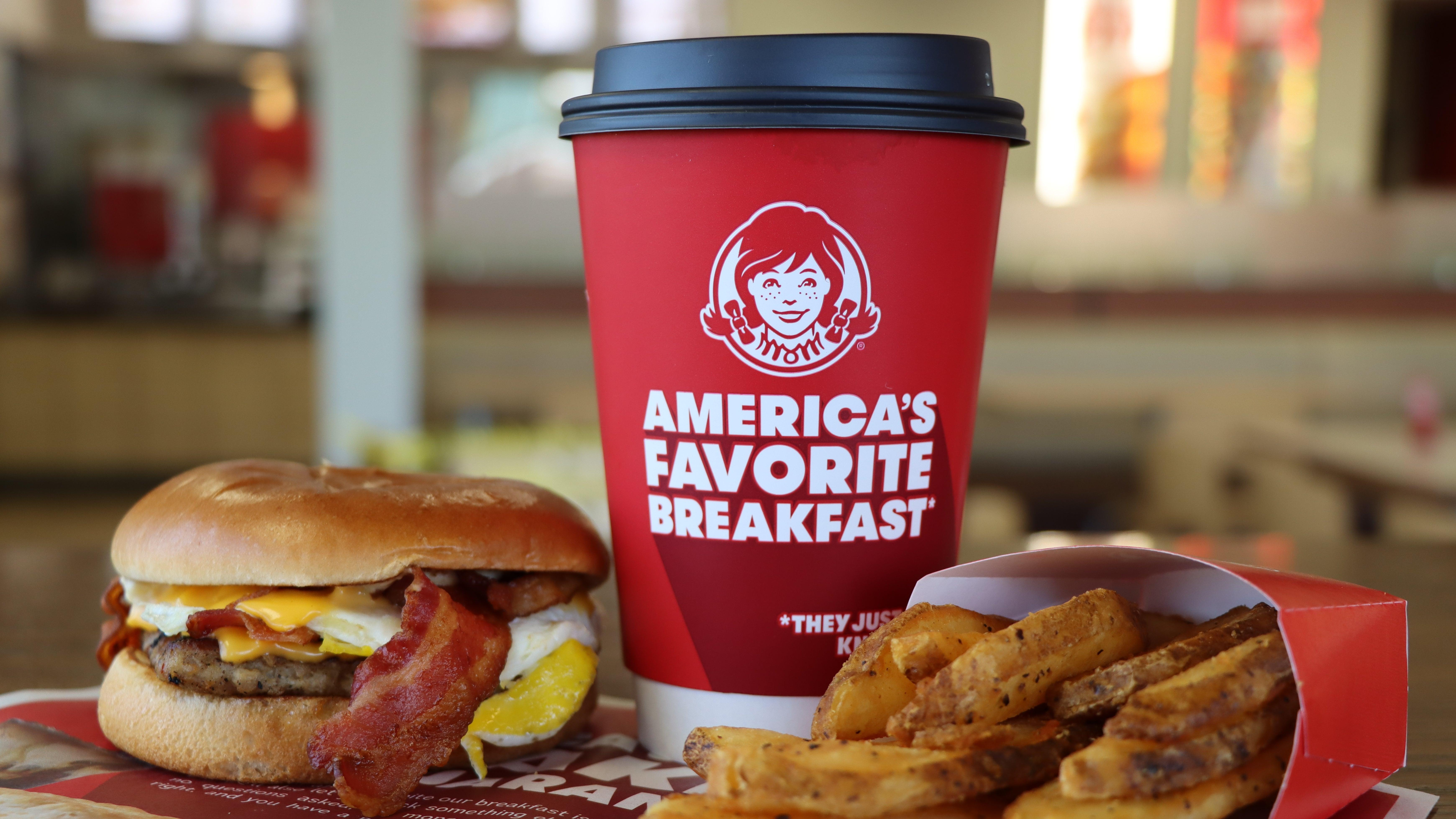Breakfast Is Fast Food's Cash Cow
Seemingly every restaurant is scrambling to be part of your morning routine.
Bacon, eggs, and cheese might sound like a pleasant and filling way to start to your morning—but for the fast food industry, these items are downright crucial for survival. As a recent Wall Street Journal article explains, the fast food breakfast menu has evolved in recent years from a relatively new frontier to an obvious industry necessity. Here's why breakfast is, increasingly, the most important meal of the day.
The return to office has changed the fast food landscape
With the pandemic came a lot of lessons, and many of us learned in lockdown that we're capable of accomplishing great things in our home kitchens. Unfortunately for fast food chains, that means more people have come to realize that they can meal prep at home and take homemade lunches (or leftovers) to work. No need to head to the McDonald's around the corner from the office for a quick meal.
David Portalatin, a restaurant analyst at the NPD Group, told the Wall Street Journal that customer traffic at quick service establishments is still 5% below what it was in pre-pandemic times. This doesn't mean people are abandoning their fast food habits, it just means that these habits are evolving, and chains are going to have to roll with it.
What drive-thru breakfast offers consumers
It's easy for chains to highlight the on-the-go convenience of breakfast food. McDonald's, Starbucks, and Wendy's, and Taco Bell all offer primarily handheld sandwiches and wraps that are easy to eat on the way to work, either with one hand on the steering wheel or while walking. Plus, meals featuring cheap and easy ingredients like scrambled eggs (with minimal condiments, toppings, or side dishes) make breakfast even more enticing on the business end.
The Wall Street Journal further explains that drive-thru orders are more profitable for fast food chains, and those are the type of orders that make up a large portion of the traffic fast food locations see in the mornings. The size of a breakfast order can be bigger when you don't have to walk anywhere with the bag, and as explained by Wendy's to The Takeout last year, someone heading to the drive-thru is naturally inclined to pick up food for other people in their household or at their workplace, too. According to the NPD Group, from January to August 2022, traffic to major fast food chains in the mornings increased by 2% from the previous year, whereas lunch time traffic decreased by 3%.
Consumers can’t get enough coffee
People just love coffee. And, as we all know, people love coffee most in the mornings. As the pandemic subsided, concern rose within the fast food industry that people would remain loyal to the intricate coffee setups they'd grown used to during the stay-at-home period. But there's one truth that helped put those concerns to rest: A good cup of coffee tastes even better when you don't have to make it yourself. Once again, convenience rules over all else.
CNBC also noted back in August that for many consumers, picking up a cup of coffee and a little breakfast gives people the sense of "normalcy" they had been missing since the onset of the pandemic. Cutting back on takeout food is one of the first things people do to save money, but establishing a morning routine can be so comforting that it can win out over those money-saving measures.
My morning Starbucks has always felt like a way to treat myself. But Starbucks has, of course, already established its place in our morning routines. How will other fast food chains increasingly compete for our attention at breakfast time?
